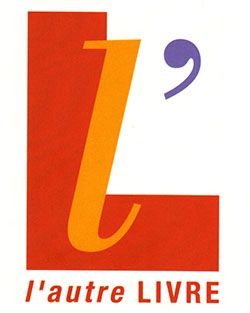Collection Cour & Jardin
Directeur : Jacques Cauda
I remember my first encounter with the theater, The Cid, Corneille, staged at the Comédie Française; school trip, I was 13 years old. In order to show that I did not belong to this world but to that of the Parisian suburbs, to the neighborhoods, as we say today, I had made a device made to dazzle, a sort of photographic flash blinding the actor! I'll let you imagine the rest...
But… miracle! That same day I understood that the theater was for everyone, for all worlds, even for my own, which was unaware of it, for the Visible as well as the Invisible, for the living as well as the dead. That is why I am creating this collection; and to prolong this moment, that is to say, these two hours spent stage left and stage right, in perpetual present through the voice of paper. Long live the collection! Courtyard & Garden !
Jacques Cauda
Jacques Cauda, born in Saint-Mandé on July 9, 1955, is a French painter, writer, poet, editor, photographer and documentarian.
Alongside his philosophy studies, he continued training as a director. From 1978 onwards, he directed around thirty documentaries for French, Algerian and Canadian television.
In 1998, he interrupted his career as a documentary filmmaker to begin painting. He created a new pictorial movement: the superfigurative movement, the broad outlines of which he outlined in a manifesto, "Toute la lumière sur la figure" (All the light on the figure), published by Ex Aequo in 2009.
"To overfigure," he writes, "is to take as an object sensations whose source is no longer reality."
but its retinal representation.
The world has become an image and to paint it is to rewrite this image." This is why he most often uses oil pastels, which have the particularity of being practiced like writing on a sheet of paper. He thus reconnects with the ut pictura poesis of the Ancients: painting is also poetry.












